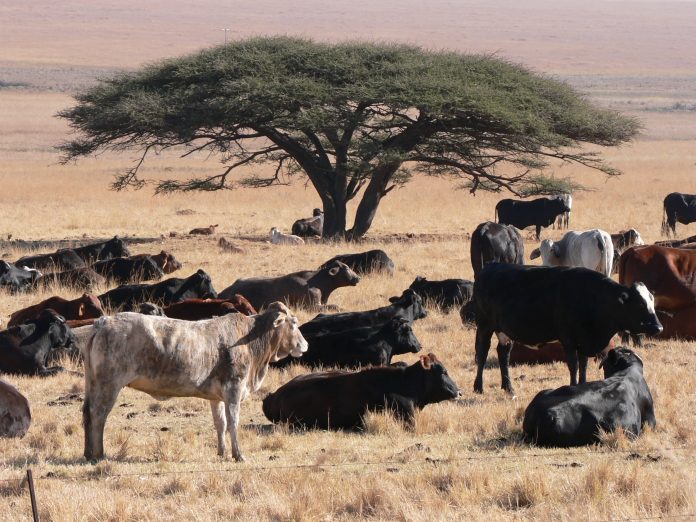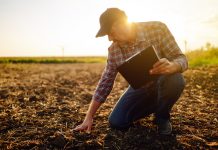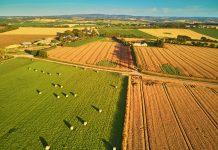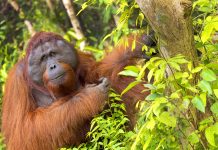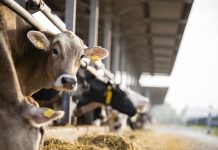Cattle production is under serious economic threat, due to the increasing heat stress placed on the animals – facing a financial loss of up to $40 billion yearly
Low-income cattle farmers in poor countries are to be put under serious financial threat due to climate change’s increasing heat stress on cattle production.
Cattle farming, responsible for mass deforestation, soil degradation and habitat loss in the Amazon and many other regions, is inherently bad for the environment. Causing huge carbon emissions to enter the atmosphere, the meat industry both causes – and is set to struggle from – climate change.
Researchers state that cattle producers could endure a financial loss between $15 and $40 billion annually due to global warming by the end of this century – especially across tropical regions in South America, Asia and Africa.
These regions are bound to suffer significantly, unlike producers in the world’s wealthier temperate zones, tropical regions are already facing the severe brunt of the climate crisis so far.
If livestock are to adapt to new thermal environments and increase their productivity, infrastructural investments or adjustments, actions like switching to more heat-tolerant cattle breeds, and improving shade, ventilation and cooling systems will be necessary.
Brazil’s cattle production responsible for 65,000 – 75,000 hectares of deforestation annually
According to a study by an international team of scientists and economists, published in the Lancet Planetary Health, the increasing demand for livestock products in low- and middle-income countries, along with steadily increasing global average temperatures, is an ‘uncomfortable mix’.
The study generates a high greenhouse-gas emission scenario based on cattle production losses from heat stress.
Researchers estimated these numbers to be around $39.94 billion annually, or 9.8% of the value of production of meat and milk from cattle in 2005 – the scientists’ baseline year.
In the low-emission scenario, production losses were still estimated at a large $14.9 billion annually, or 3.7% of the 2005 value.
It is stated that by 2030, dairy and beef production in the United States is projected to decline by 6.8%, while India – a major dairy production country – is projected to lose more than 45% of its dairy farming due to heat stress increases.
This serious threat on global food systems will jeopardise economies and force people into more plant-based diets, only plant-based diets are becoming increasingly threatened by pollution and soil degradation also.
Technological development is key to bringing social justice to poor farmers globally
Lead author Philip Thornton, of the International Livestock Research Institute and CGIAR, said: “Resource-poor farmers in low-income countries depend heavily on their livestock for their livelihoods. The adaptation needs are even higher in these countries, and those farmers are the ones where the hit is even more severe.”
Mario Herrero, professor of sustainable food systems at Cornell University, added: “With climate change, farming and sustainability, there is a need to create equitable adaptation practices. By design and to think intentionally on reaching the vulnerable sectors of global society. We cannot just hope that the poor will not be affected.
“Sustainability is not only about the environment and protecting biodiversity, but the human component is fundamental to sustainability. We need to deal with climate change, leaving no one behind. That’s the only truth.”

